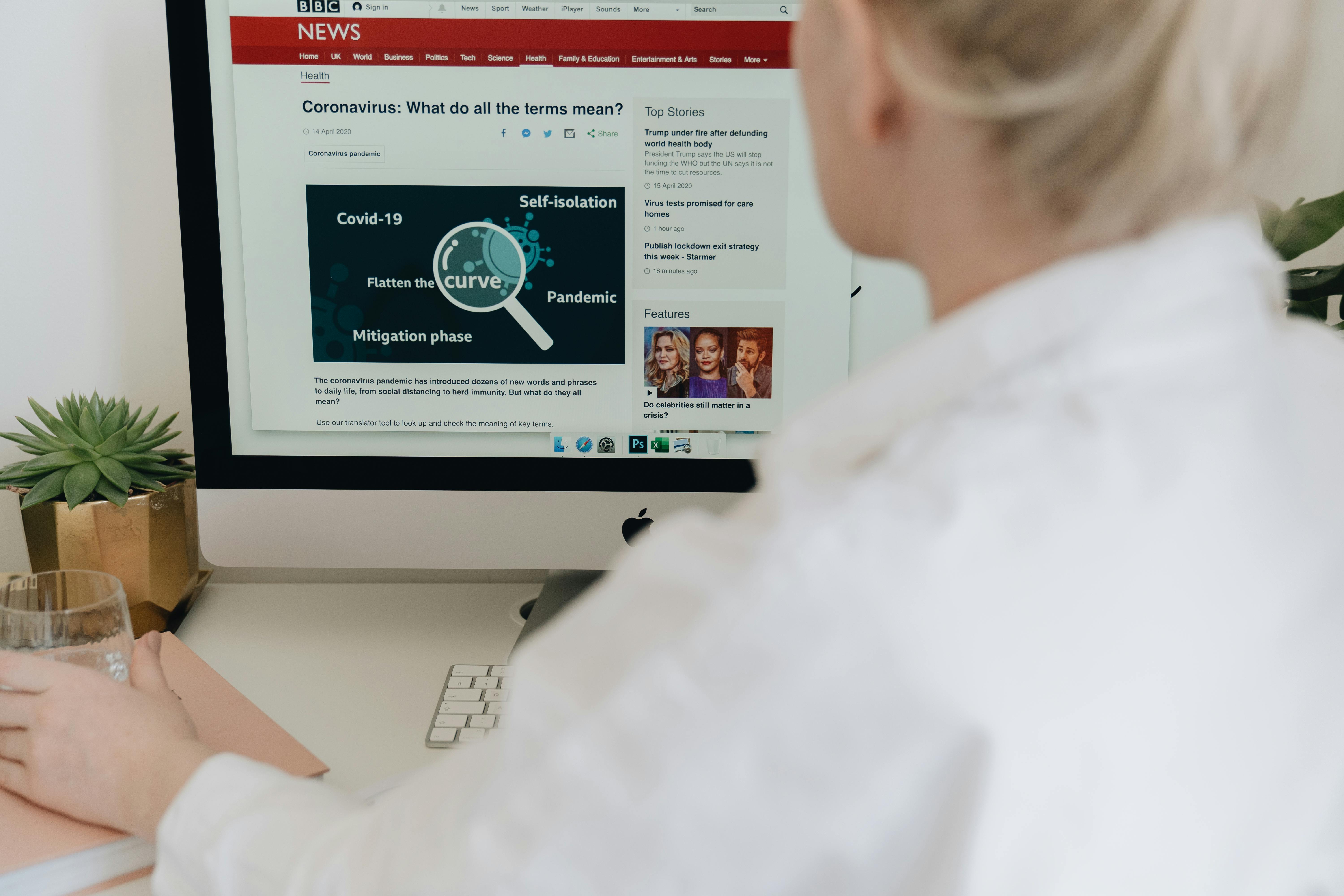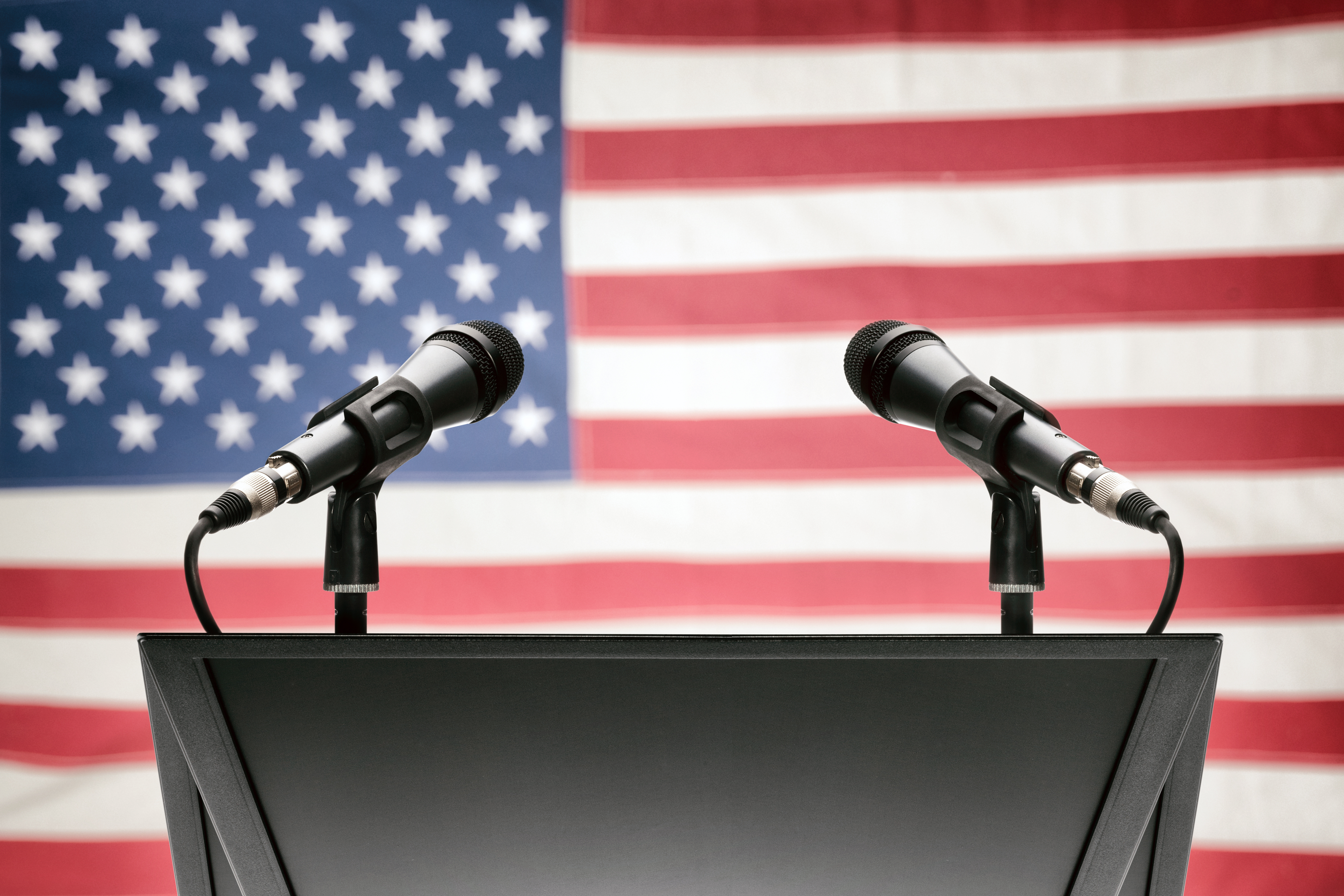It appears the 2024 presidential election in the U.S. is headed for a 2020 rematch between President Joe Biden and former President Donald Trump. Issues like the economy, immigration, abortion, healthcare and foreign conflicts like the Israel/Hamas war and aid for Ukraine are just some of the key concerns for voters heading into this election cycle. With such polarizing topics and social media at our fingertips, how can media consumers think critically about the information they’re receiving and ensure they’re consuming accurate, updated news and analysis on these issues?
Imani M. Cheers is an associate professor of digital storytelling at the George Washington University. Cheers is an award-winning digital storyteller, director, producer, and filmmaker. As a professor of practice, she uses a variety of mediums including video, photography, television, and film to document and discuss issues impacting and involving people of the African Diaspora. Her scholarly focus is on the intersection of women/girls, technology, health, conflict, agriculture, and the effects of climate change in sub-Saharan Africa. Cheers is also an expert on diversity in Hollywood, specifically the representation of Black women in television and film.
Cheers underscores the importance of media literacy during election seasons. She says there are at least three ways media consumers can improve their media literacy around pressing election topics and combat misinformation online.
“Whenever you receive information, please take the time to verify it. Please take the time to make sure that it’s from a credible source and even if it’s from a credible source, do your due diligence and double check to make sure that’s the case,” Cheers says. “I always encourage people – check that URL. Where was this published? When? Which, I think is really, really important. Recycling information from even two, three days ago can really now be mis- and disinformation. So making people aware of not only how they receive information but that it’s credible.”
WATCH: Cheers explains additional ways media consumers can improve their media literacy during the election season and beyond in this video.
If you would like to speak with Prof. Cheers, please contact GW Media Relations Specialist Cate Douglass at cdouglass gwu [dot] edu (cdouglass[at]gwu[dot]edu).
gwu [dot] edu (cdouglass[at]gwu[dot]edu).
-GW-




